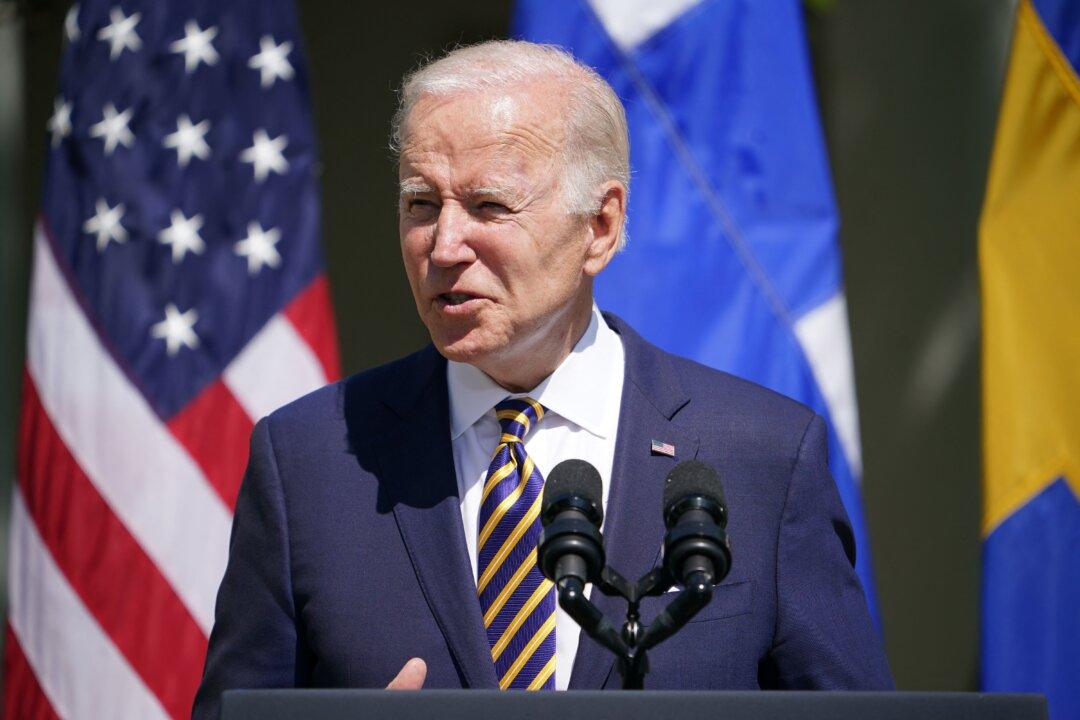President Joe Biden claimed Sunday that “everybody” should be concerned about an increase of monkeypox cases in Europe and the United States, although the president admitted that he hasn’t received information from his advisers on the disease yet.
Speaking to reporters before leaving for Japan and South Korea, Biden said that his health advisers “haven’t told me the level of exposure yet, but it is something that everybody should be concerned about,” adding, “We’re working on it hard to figure out what we do and what vaccine, if any, may be available for it.”





